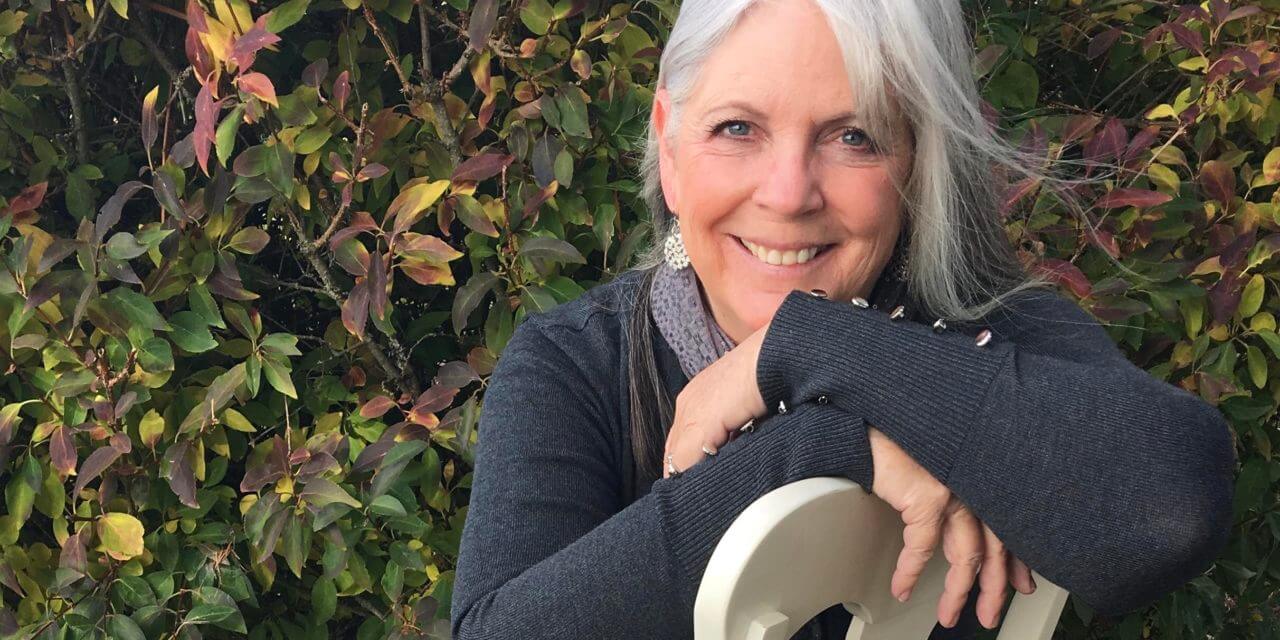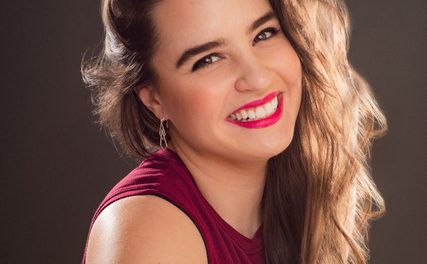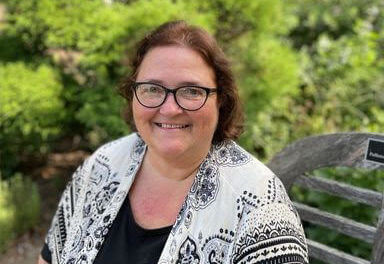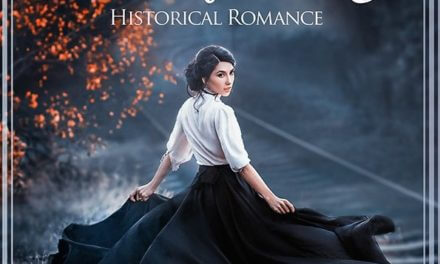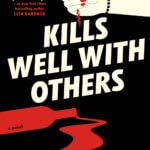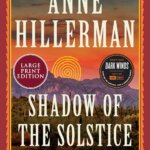My guest today is Debra Whiting Alexander. She’s won multiple awards for her debut novel, Zetty, including the prestigious 2018 WILLA Literary Award in Contemporary Fiction. Prior to making the leap into Women’s Fiction, she authored numerous nonfiction books for children and families recovering from trauma. With a Ph.D. in Psychology, Debra’s career in mental health spans over thirty years in California, New York, and Oregon. Her passion now is to write stories about the humor, strength, and spirit of unconventional women—matters of the heart and soul. She currently lives in Oregon with her husband and two labs where she enjoys walks with her granddaughter through the hazelnut orchards and the local pioneer cemetery. Her new novel, A River for Gemma is coming soon!
SS: Can you share a bit about your background, Debra?
DWA: I was raised in San Diego and grew up on a steady diet of western movies and musicals. My debut novel, Zetty, takes place in the small beach town of Windansea, inspired by many of my childhood memories. Like the main character in the story, I grew up with a love for the ocean, cowgirls, neighborhood dance shows, pianos, golden retrievers, and art. I miss the San Diego coast, but our home in Oregon backs up to lush green fields, horses, stunning sunsets, and hazelnut orchards. Southern California was the inspiration for Zetty, but it’s here in the landscapes of the Pacific Northwest that I’ve found my vision for my recent novel, A River for Gemma. (Release date coming soon!)
Prior to making the leap into women’s fiction, I authored numerous non-fiction books, including Loving Your Teenage Daughter (Whether She Likes it Or Not), and Children Changed by Trauma: A Healing Guide. My most meaningful project, The Emotional Recovery Resource Kit, was written for my publishers in New York in response to 9/11. I hold a Ph.D. in Psychology with a license in Marriage and Family Therapy, specializing in post trauma treatment and recovery. In addition to writing, I continue to work a few days a month as a mental health practitioner and clinical supervisor.
SS: What in your childhood contributed to you becoming a writer?
DWA: When I was nine, I read the poem, “I heard a Fly buzz—when I died”, by Emily Dickinson. That little poem stirred something in me—a desire to capture on paper compelling moments of life in a simple way. So I wrote little books of poetry from then on. It wasn’t until the age of thirty-one that I literally woke up one morning with a book in mind to use with the children I was working with. A publisher in New York offered me a contract for two series of six books each, one for children and the other for teens, and my writing career took off from there.
SS: Do you generally write in one genre? And what can readers expect from one of your books?
DWA: My passion now is to write Upmarket Women’s Fiction—stories about the humor, spirit, and strength of unconventional women. I relish the opportunity to write about friendship, motherhood, mental health, and to do it with spiritual substance —matters of the heart and soul. I’m hooked on women’s fiction because it allows me to integrate all the things I love most.
SS: Did anything in your past push you to write about your book and the conflicts(s) in it?
DWA: Zetty is the story of a mother lost to a rare form of Schizophrenia and a daughter’s quest to find her. Inspired by my grandmother who died in a psychiatric hospital at the age of forty-one, this novel is unique in that it blends personal history with my professional background. It was important to me to shine a light on the stigma of mental illness, especially in the 1960’s and 70’s. My grandmother’s life experience was a powerful one, and even though the story isn’t about her, it is about the challenges of overcoming despair. Inspiration comes from so many things. The bottom line is if anything touches my heart, I listen to it. Those are the moments that end up in my novels.
SS: Writing is undoubtedly a lonely occupation. P.D. James (Cover Her Face) says it’s essential for writers to enjoy their own company. Do you see yourself along those lines? Are you a natural loner?
DWA: Yes, except I’m never lonely when I’m writing. I’ve always enjoyed having my own time and I’m never bored when I’m alone, so, as a writer that works well! For me, it’s a luxury to have the time and space to go deep into my story and spend a “vacation” with characters I love. Zetty put it this way, “Time took another day, like a disappearing act. I was immersed in concentrated pleasure; lost wholly in the satisfaction of doing what I loved.”
SS: When you’re creating a story, do you avoid reading books in the same vein so as not to be influenced by others, or do you seek out all possible variations for maximum inspiration?
DWA: My preference is to read nonfiction or historical fiction when I’m writing contemporary fiction. Otherwise, I find it distracting to go deep into another author’s voice and then shift gears to go back into my own. I’ve learned that in order to stay true to my own voice, and keep it consistent, it’s better that way. I don’t know if that’s a good thing or bad thing, but it works for me. However, between books or waiting on the publication process, you’ll always find me reading women’s fiction, literary fiction, and historical fiction.
SS: Khaled (The Kite Runner) feels he discovers a story rather than creates it. Are you a plotter? Or do you let the novel develop organically?
DWA: I just told my husband yesterday that unless a story comes to me, I don’t go out looking for it. I wait to feel the kind of inspiration that lights a fire in me and insists I write about something or someone. In both Zetty and A River for Gemma, the first and last sentences of the book were the first things I wrote, and they directed everything in-between. Being a plotter with outlines was necessary when I was writing non-fiction, but one of the things I love about writing fiction is I get to lie and make things up as I go!
SS: Do your books carry a message? If so, what would you say it is?
DWA: If there’s a common message, it might be this: trauma is a part of life, but not all of it. Overcoming loss and finding joy, even in the midst of sorrow, are central themes found in my novels. The idea that joy and humor can coexist alongside tragedy is a message we don’t often hear. My novels address this idea and other points of view that empower us. Zetty shines a light on the stigma of mental illness and the shame that often accompanies it. It was important to me to present an accurate, realistic view of what it means for a child and family impacted by an illness that is as legitimate as any other medical condition. A River for Gemma was written in response to the difficult years we’ve recently experienced as a country. I needed an escape! Writing an uplifting story about nature and the pure of heart gave me that.
In Zetty, I talk about how art and creativity can serve as an anchor in our lives; it can give us hope for something beautiful to emerge from the emotional wreckage around us. That’s the message I hope my readers will experience in my books as they escape into another realm.
SS: What was your first recognition/success as an author?
DWA: Zetty has won multiple awards, and each one has truly been an honor. But when I received the call Zetty was the winner of the WILLA Literary Award in Contemporary Fiction, it was a moment of such deep gratitude and awe, I’m not sure it can ever be topped!
SS: What’s something memorable you’ve heard from your readers/fans? What’s been the best compliment?
DWA: Being told my writing changed someone’s life, profoundly helped them, or made them laugh, cry, and think about something in a new way. Readers have also said my stories and characters became a part of them. (I feel the same way at the end of each book!) For me, that’s worth everything. It’s the reason I write.
SS: What advice would you give aspiring writers?
DWA: Be persistent. Never give up on the projects you feel most driven by. It requires so much patience. Years of it. And it’s true—being a writer requires a thick skin. When I made the leap from nonfiction to fiction it required practice. I had to educate myself about the art and craft of writing fiction because it’s so different from non-fiction! It also meant accepting rejection as part of the process and allowing multiple editors and beta readers to pick everything apart. Being a writer demands openness—to feedback, criticism and many different perspectives. It truly is a learning process, but I never minded—I considered it healthy aerobics for my aging brain! If it’s something you love to do, it’s never a mistake to pursue it.
********************
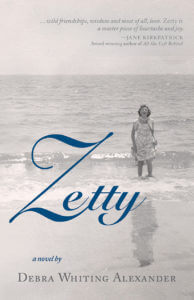
********************
An excerpt from Zetty:
“I’ve heard that life-changing experiences put permanent dents in the heart; they make their mark and are remembered. And with every impression made, the heart bends and stretches—sometimes completely changing form. My heart seems living proof of it. Even after thirty-nine years, which seems impossible, the memory of what happened when I was only nine remains remarkably vivid. It rearranged everything inside me.”
********************
You can follow Debra on social media here:
Website | Facebook | Twitter | Instagram
********************
This post contains Amazon Affiliate links. As an Amazon Associate, I earn a small amount from qualifying purchases.
